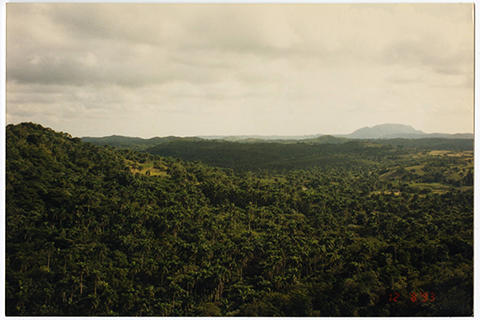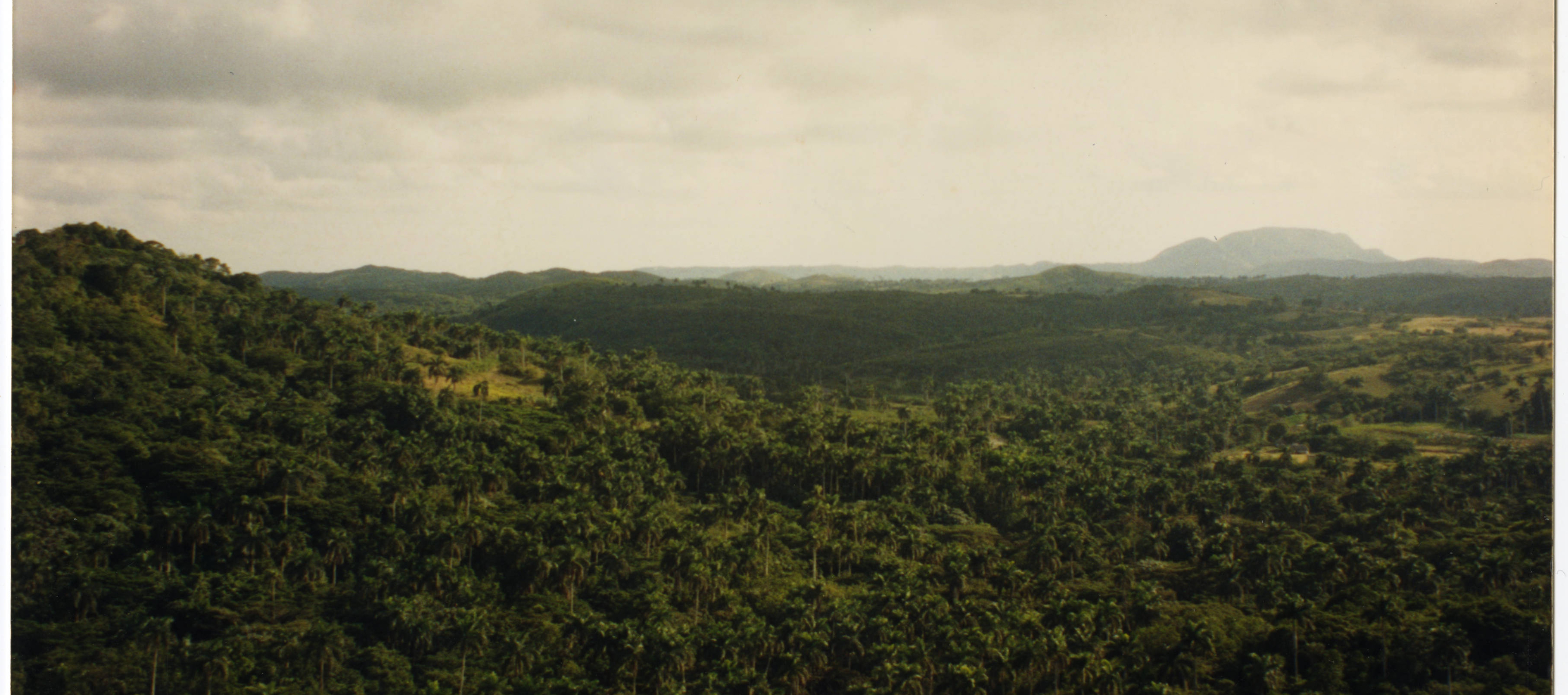ARH 420. Cuban Art, Art History, and the Creation of the Modern Cuban Subject (3 Credit Hours)
Offered in Fall or Spring.
This seminar focuses on the fine art, visual culture, and performance history of Cuba during the 19th and 20th centuries.
APY 311. Cuba Culture, History, and Society (3 Credit Hours)
Offered in Fall.
The course focuses on characterizing and analyzing the origins of the diverse cultural practices, traditions, and imaginaries that distinguish the communities of contemporary Cuban society. This analysis is developed from a diachronic, multi-situated, and comparative perspective to generate an integral and holistic understanding of the Cuban social and cultural universe and its regional nuances. Cuba's historical and cultural links with the Caribbean and other regions of the world, migratory processes, diasporas, and other phenomena that have influenced the origins and development of the Cuban sociocultural universe will be analyzed from specific case studies. The course deconstructs stereotyped and reductionist models about Cuban and Caribbean culture and societies. It provides an understanding of contemporary Cuban from an inclusive and multivocal perspective of its history and cultural heritage.
HIS 310. Africa in Cuba/Cuba in Africa: Slave Trade to Cuban Internationalist Missions in Africa (3 Credit Hours)
Offered in Spring.
The relationship between Cuba and Africa from the period of the slave trade to the late 1990s.
HIS 353. History of Cuba (3 Credit Hours)
Offered in Spring.
The development of the Cuban nation, from the late-nineteenth century to the present. This course pays particular attention to the Revolution (leading up to and after 1959) as a contested historical process and experience. In addition to historical scholarship, students will engage a range of primary source materials, including visual art, literature, and film.
LAW 198. Cuba: Law, Policy, and Transition (2 Credit Hours)
Offered in Fall or Spring.
MCY 333. Introduction to Cuban Music (3 Credit Hours)
By announcement only.
A survey of Cuban Music from the early European settlement to the present. Course addresses African and Caribbean influences and the amalgamation into new national styles, as well as current musical activity on the island and in expatriate communities. Prerequisite: MCY 131 or equivalent music course.
SPA 319. Cuba Through Literary and Cultural Studies in Translation (3 Credit Hours)
Offered in Fall or Spring.
The study of Cuba through literary and cultural studies. May be repeated if topics vary. This course is taught in English and does not fulfill the CAS foreign language requirement. Maybe be repeated for credit if topics vary. Prerequisite: WRS 106 or WRS 107.
SPA 361. Cuba through Literary and Cultural Studies (3 Credit Hours)
Offered in Spring.
This course involves travel to Cuba during Spring Break and has a program fee. The course examines first-person narratives by foreign and domestic travelers in Cuba over the course of five centuries comparing their modes of social inquiry, scientific investigation, and ways of reflecting about the island and its various realities. Students do research at the Cuban Heritage Collection and visit several sites in Miami in preparation for the trip to Cuba. Coursework, archival work, and field experience are incorporated in the final research/creative project. Prerequisite: SPA 301 or SPA 302 or SPA 303 or SPA 307.





